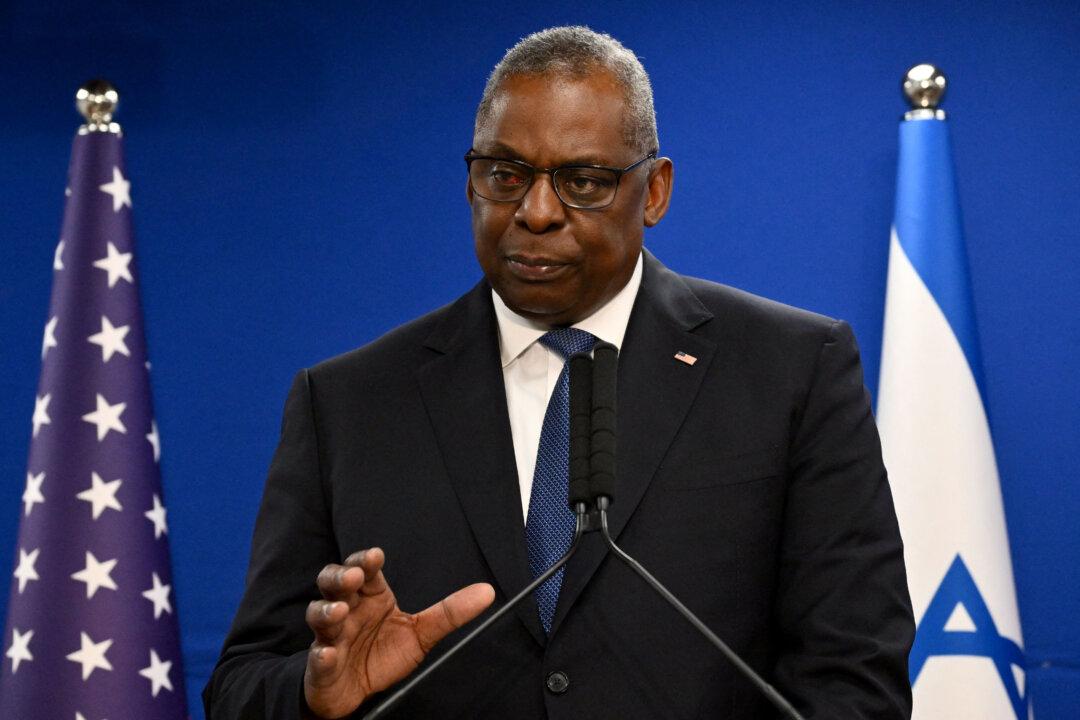WASHINGTON—The White House has come under increased scrutiny this week after Defense Secretary Lloyd Austin kept his physical condition secret from President Joe Biden and his top officials for days.
The issue emerged after the Pentagon revealed on Jan. 9 that on Dec. 22, 2023, Mr. Austin, 70, had undergone surgery for prostate cancer; he was subsequently admitted to intensive care on Jan. 1 because of complications from the operation. The president and his team weren’t aware until recently of either of Mr. Austin’s two recent hospitalizations or the cause of his illness. Even his deputy was kept in the dark for days.





